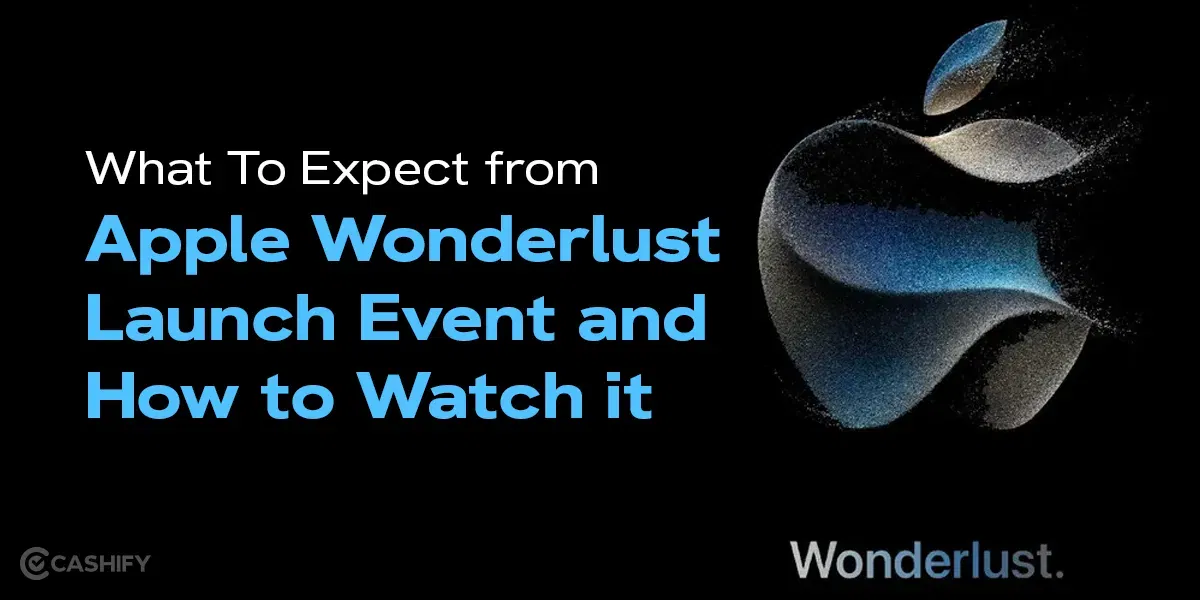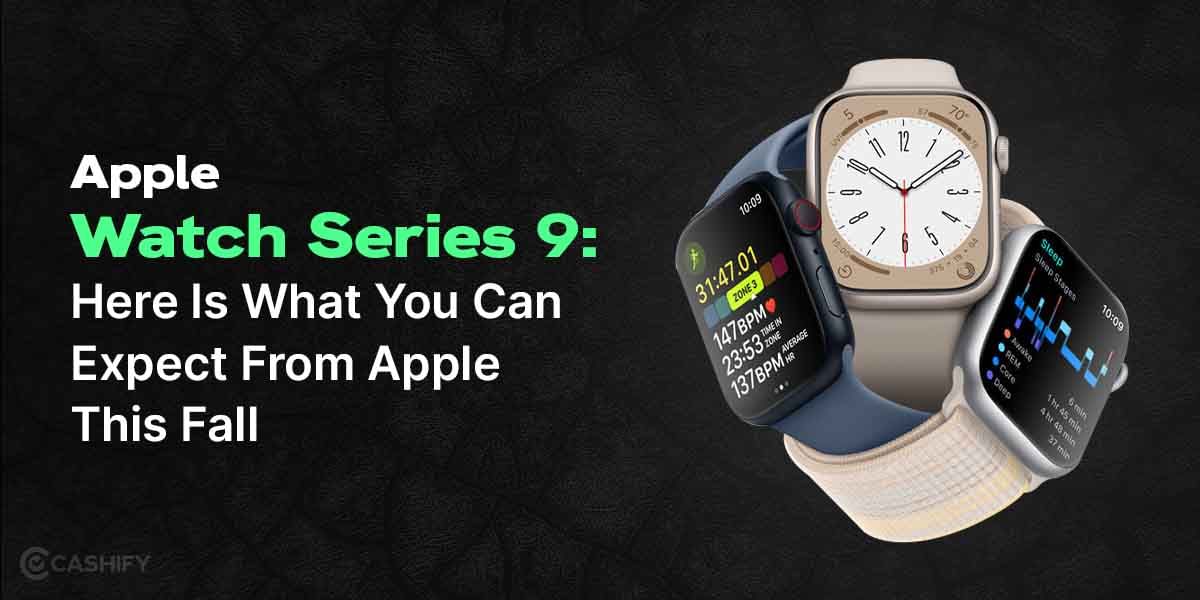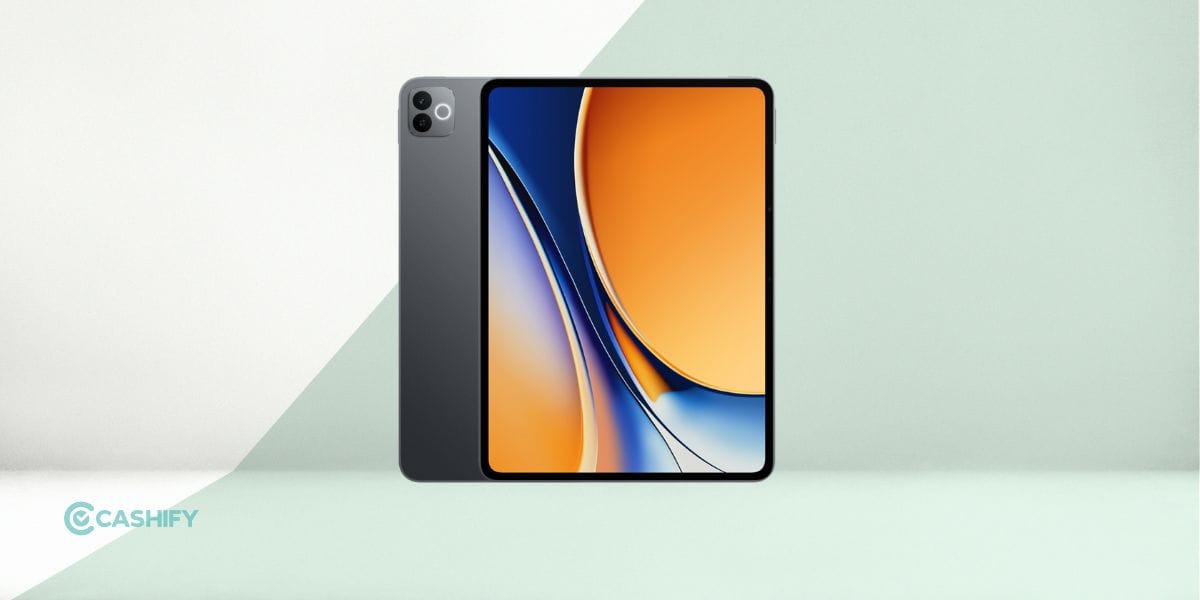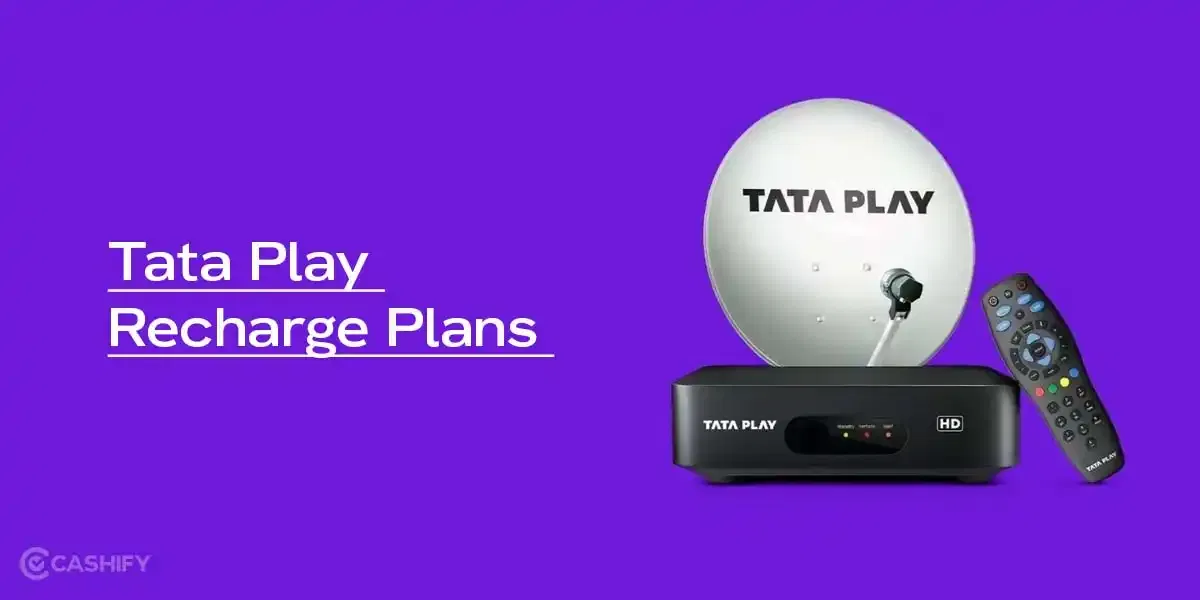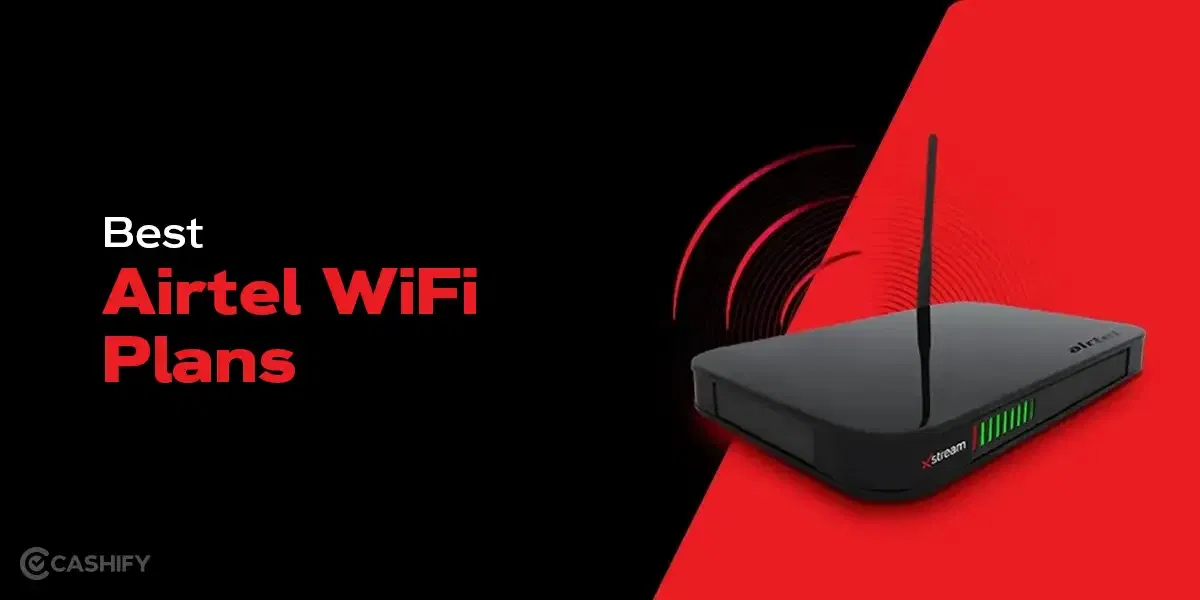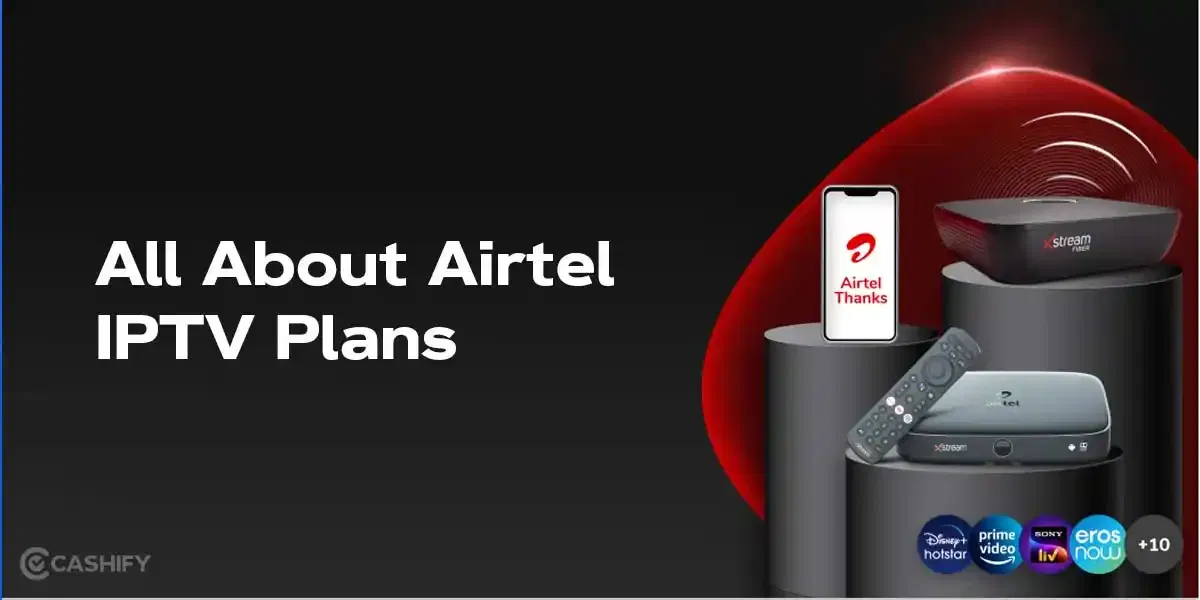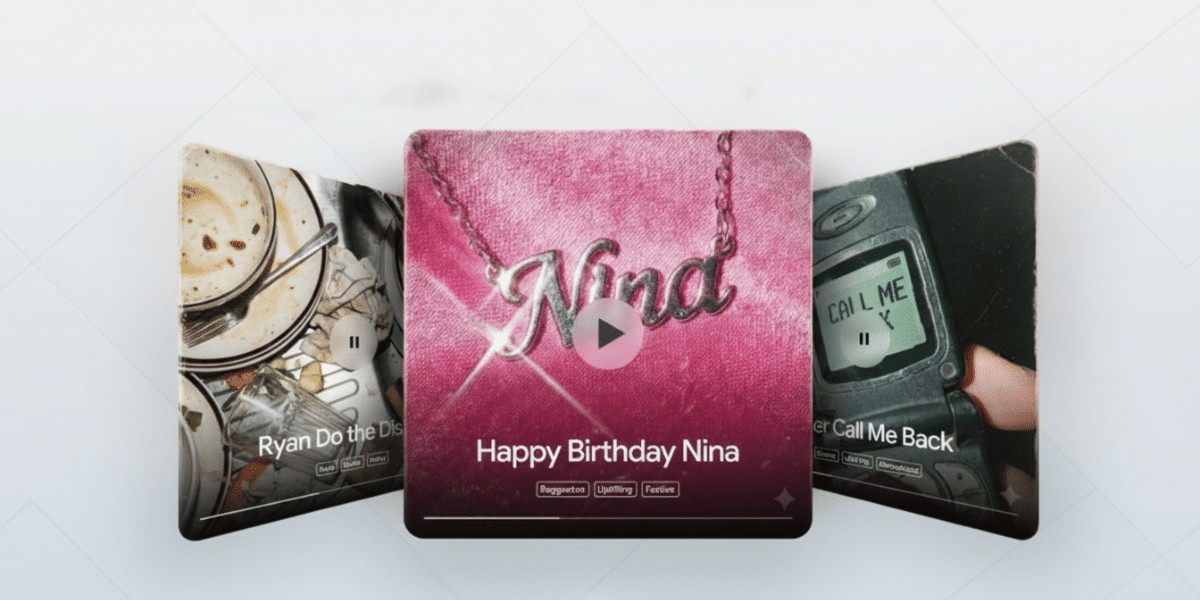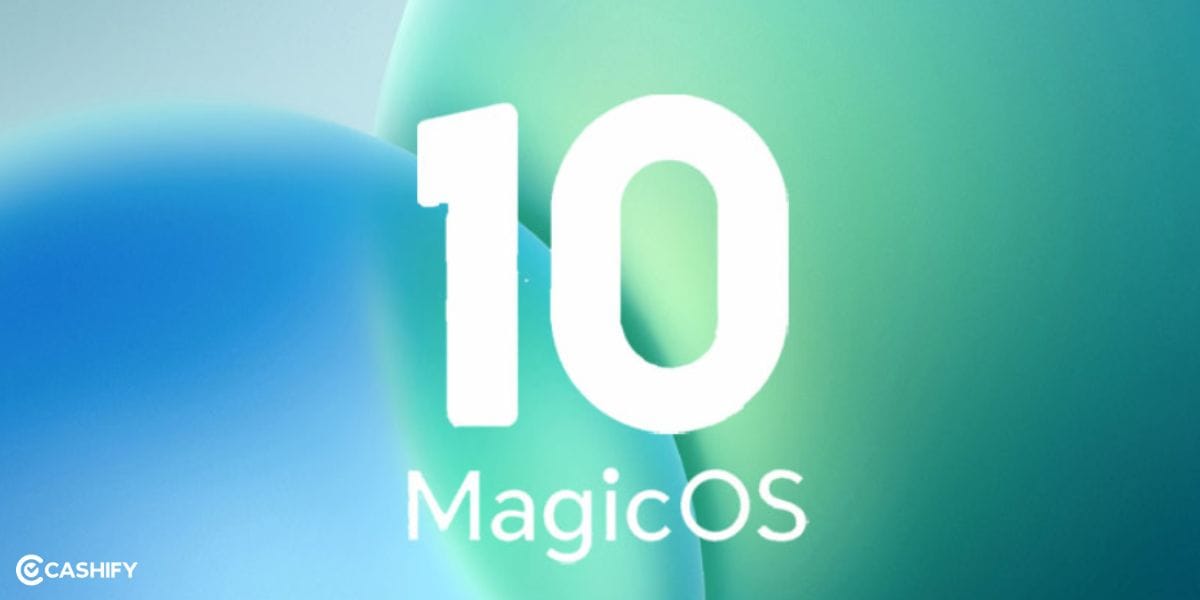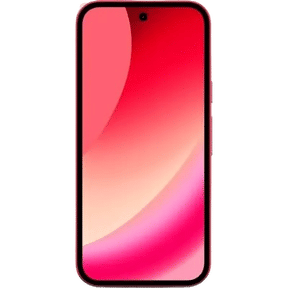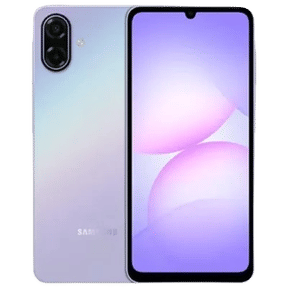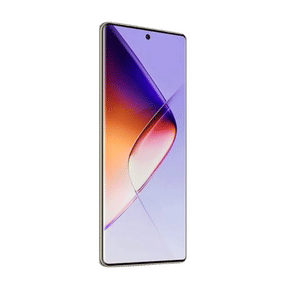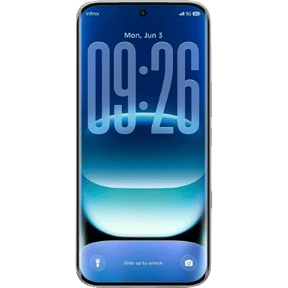With the Crypto Tax in India, we knew what was coming. Now, with RBI finally rolling out their pilot Digital Currency, aka e-rupee, it is finally happening. This digital wallet is taking the entire country by storm. But, will this legal tender of a digital currency be able to replace paper notes? Will it be the cryptocurrency of India? Will this Indian Digital Currency become everything you need in the super near future? How to buy digital currency in India? We will take a deep dive and answer all these questions along the way. So, read till the very end to know it all.
Also read: India Crypto Bill Explained: Pay Attention To These Bits
Digital Currency by RBI: What is e-rupee?
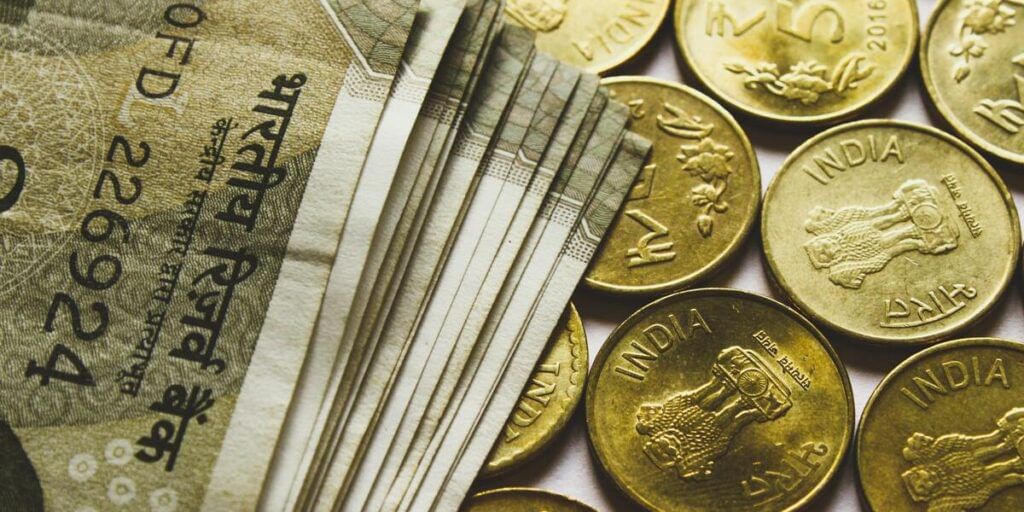
Simply put, e-rupee is the digital counterpart of physical cash. If you are wondering how to use e rupee, it is no rocket science. The process will rather be simple. Just like physical cash, e-rupee or digital rupee will work in similar simple denominations.
That is, Rs. 5, Rs. 10, Rs. 20, Rs. 50, Rs. 100, Rs. 200, Rs. 500, and Rs. 2,000. Moreover, the Indian digital currency or digital rupee can also be used for both person-to-person and person-to-merchant transactions. Additionally, these transactions will mostly be carried out via QR codes.
How to buy Digital Currency in India?
If you are wondering how to get an e-rupee in India, things are not that simple right now. However, they soon will be. RBI has collaborated with four banks to bring the e-rupee system to four Indian cities. These are New Delhi, Bengaluru, Mumbai and Bhubaneswar. In the next phase, the digital currency will be extended to Ahmedabad, Gangtok, Guwahati, Hyderabad, Indore, Kochi, Lucknow, Patna and Shimla.
The four banks launching their CBDC Digital Currency Apps are State Bank of India, Yes Bank, ICICI Bank and IDFC First Bank. So, as soon as the Apps of these banks are tested and made available to all, you will be able to get the brand new Indian Digital Currency.
Also read: How To Do Cryptocurrency Mining In India? A Complete Guide
Which banks will get it first?
After the December 1 pilot rollout of the RBI Digital Currency, several banks came to light. In total, 8 banks have been included in the pilot program to try out the brand-new Indian digital currency. Here’s the list:
- SBI (State Bank of India)
- Yes Bank
- ICICI Bank
- Bank of Baroda
- HDFC Bank
- Union Bank of India
- IDFC First, and
- Kotak Mahindra
Also read: Can Crypto Trading Get You Arrested In India? The Latest Guidelines.
SBI Digital Currency: SBI CBDC App & Yes Bank Digital Rupee App
It goes without saying that SBI, aka State Bank of India, is the country’s largest bank. The SBI CBDC App is going to be the very first way for SBI customers to experience the digital currency in all its glory. With this App, existing SBI customers can make use of RBI’s e-rupee. All they have to do is link the digital wallet to their bank account. If you are unaware of the term CBDC, it stands for Central Bank Digital Currency.
Moreover, Yes Bank has also rolled out its Digital Rupee App. However, do note that it is for closed groups only. These groups comprise both Yes Bank merchants and customers. It is much like beta testing, where a select group of users will first try the App and give feedback. Later on, it shall be made open for everyone else to use.
Cryptocurrency vs Digital Rupee vs UPI
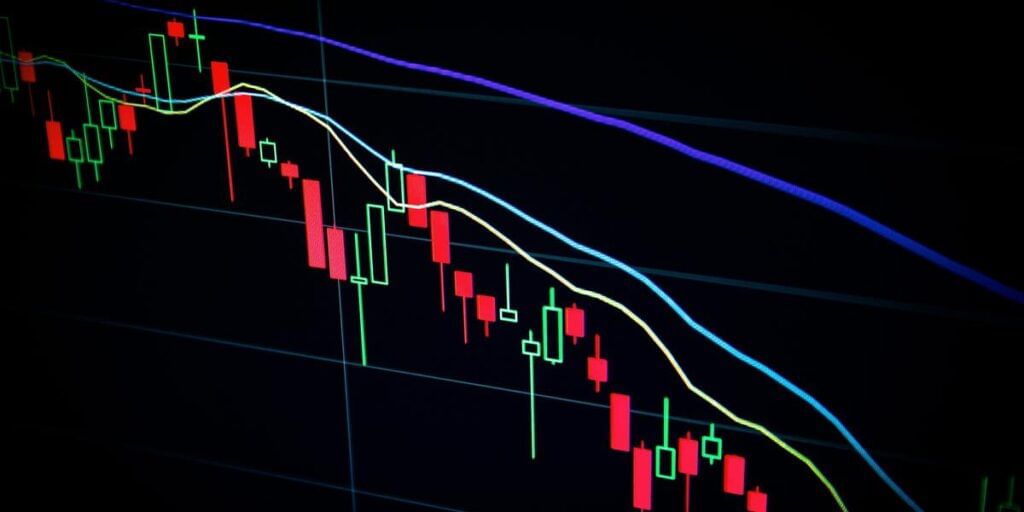
The primary problem that RBI had with Cryptocurrency was that there was zero regulation in India. This led to the Government of India imposing a whopping 30 per cent of tax on crypto gains during Budget 2022.
Additionally, a TDS of 1 per cent was also imposed. This led to Cryptocurrency becoming near-obsolete in the Indian market.
On the other hand, with the newly launched e-rupee or digital rupee, things are different. Very different, in all honesty. First things first, this is a legal tender issued by RBI. So, it will be 100 per cent trustworthy. Besides, it is super easy to use, much like using UPI.
This will function as a digital wallet and does not require much of any complex understanding. Unlike Crypto, e rupee is simple and easy to use.
Also read: How To Report Crypto In Your Taxes In India: An Auto-Updating Guide.
Now, bringing UPI to the picture, CBDC is quite different. The most important point of difference is that, unlike UPI, you can use CBDC of a particular bank even if you do not have an account with it. Moreover, even if Digital Rupee or e-rupee is digital in nature, it will bring the characteristics of physical cash to the table. That will automatically make it a lot less complex in nature.
It doesn’t end there. Since e rupee will simply be the digital version of physical cash, it won’t change in value. For example, Rs. 100 will be 100 e rupees. So, unlike Cryptocurrency which is a super volatile and risky market, e rupee will be static. That in turn makes it the most reliable form of digital currency.
Next Step Forward?
With Cryptocurrency having lost its grip in India, this digital currency will most likely take over. Going by the simplicity and efficiency of the entire concept, it is most likely going to be widely used.
In the words of Reserve Bank of India (RBI) governor Shaktikanta Das, “When you pay in currency notes to another person, no one can find out because that information is not available to the bank. Even in the case of CBDC, you cannot find out because the information is not available to the bank. It goes from my mobile to another mobile. So, why should we create a fear psychosis.”
From the looks of it, an RBI-backed Digital Currency is probably all you need for people to shift to it from physical cash. A cashless economy sure does seem like a great step for the Indian Government’s vision of Digital India. However, with the massive success we call UPI, will the digital rupee actually find its relevance? Only time will tell.
Also read: How To Pay House Tax Online?
E-Rupee in India – FAQs
1. Is e-rupee safe?
The newly launched Indian digital currency is safe as it is a legal tender backed by RBI. Besides, since it is similar to physical cash, it will not fluctuate like cryptocurrencies. That makes it way more reliable.
2. Can e-rupee be used to shop?
Yes, the e-rupee can be used for shopping from nearby kirana stores (local shops).
3. Is the digital rupee transferable?
Yes, the digital rupee can be transferred to your friends and family members. It works like your Amazon Pay or Paytm wallet. You can store money and use it to transfer money too.
4. How will it be issued?
Selected partner banks will be issuing e-rupee via their digital rupee e-wallets. You can then carry out P2P or P2M transactions via QR codes.
5. Will it earn interest?
No, it is just like having cash in your wallet. It will not earn any interest whatsoever.
Also read: How To Pay Property Tax Online?
Don’t miss out on getting the best resale value on your old smartphone. Sell old phone online on Cashify right from the comfort of your home. You can also Recycle old phone online and do your bit to protect the environment against e-waste.






